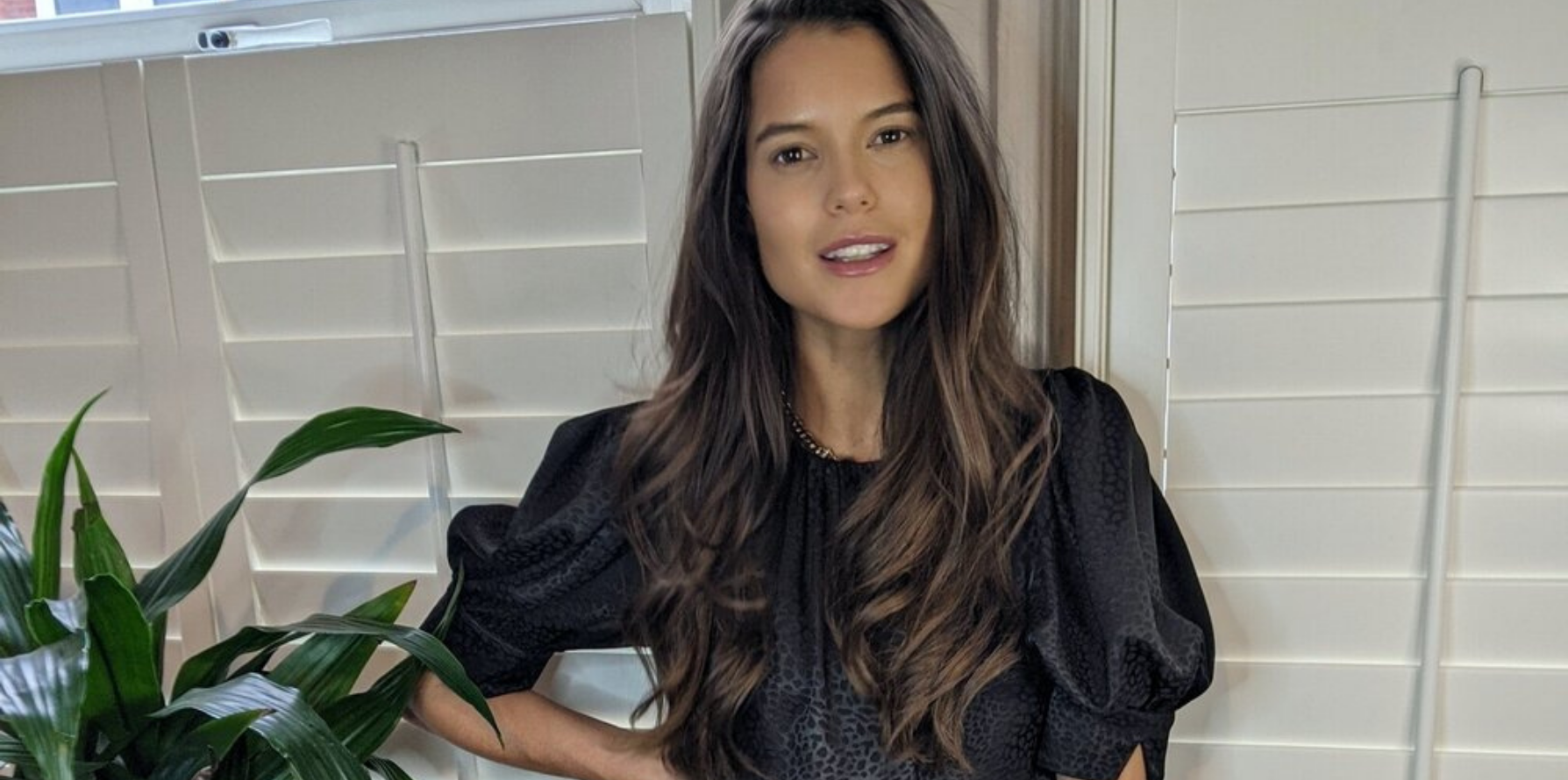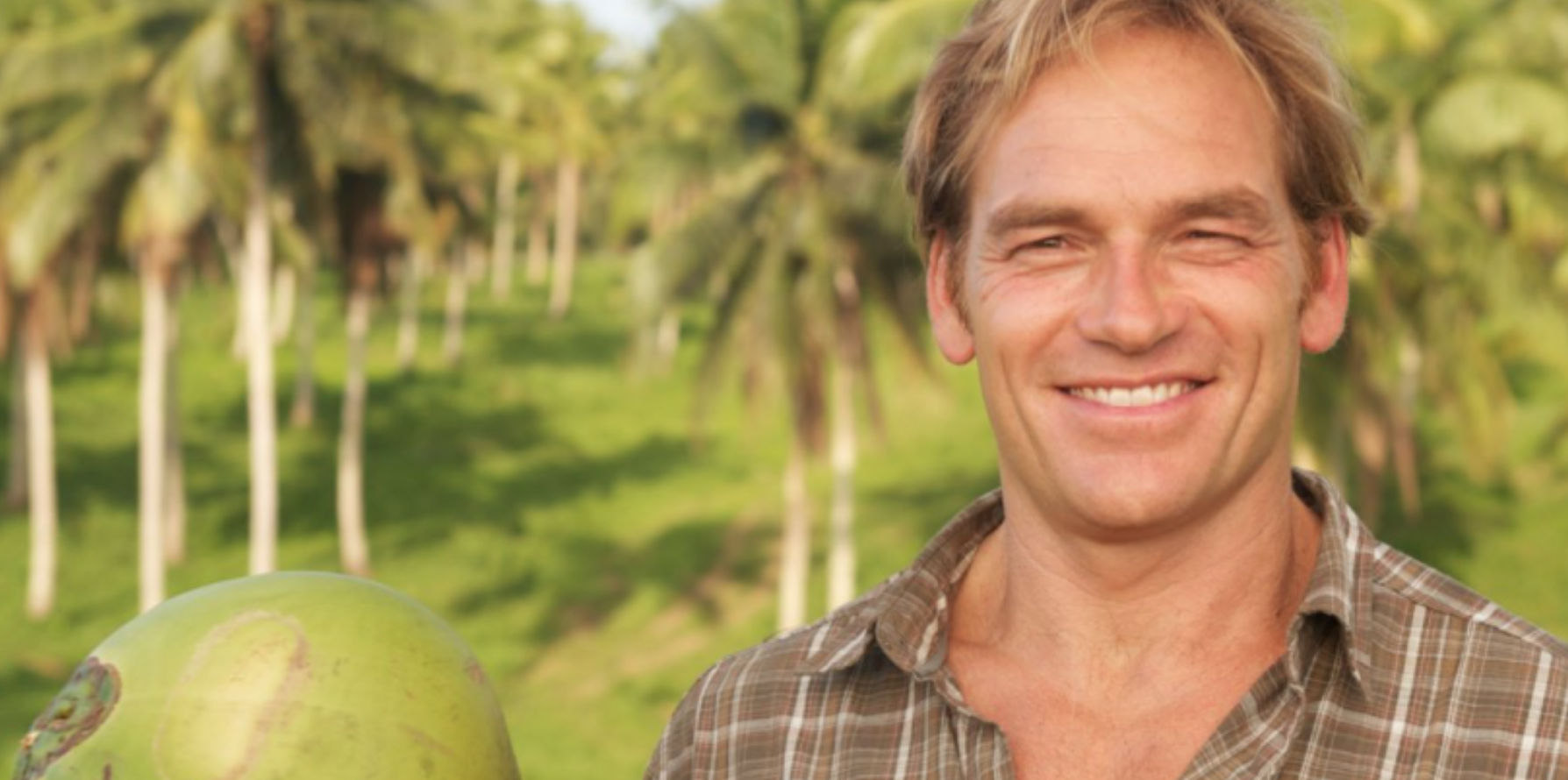
“THE JAMIE OLIVER OF NUTRITION”
What was the main reason behind you becoming a nutritionist?
What got me into nutrition was my journey through it.
I was in a pressurized industry from 15 years of age. I was becoming relatively low in energy, quite low in my mood, and everyone around me was suffering from anxiety and high stress. I was like: ''There has got to be a better way of maintaining your health.''
That's when I started studying quantum nutrition. I came back and did Biochemistry and started learning about the importance of the body and the importance of not just how you look aesthetically, but how it affects your mental health.
I thought if people knew this, not only would they look good, but feel great. I continued to learn more about how the body works and its importance, and it grew from that.
What was one of the most challenging moments since you became a nutritionist?
In the beginning, the more I learned, the less I thought I knew. So I got a bit nervous talking about it at first. Oh my God, there's even more than I realized.

Now, after I've gone away and studied for many years to get my bachelor of science I know what I'm talking about. I've done my research, and I've done my education. I'm on a register, and I am an expert.
What are some of the mental health challenges you faced in the model industry?
Ten years ago, mental health just wasn't spoken about, and especially being relatively young, I couldn't tell you what anxiety meant.
I suffered from very high stress and anxiety, looking back on it. I was in a demanding environment, and my full financial value rested on my aesthetic appearance.

I ended up getting back into the kitchen, where I understood what I needed to eat. Slowly, over time, I started to feel so much better and also looked better after myself.
How has the modeling industry changed compared to your early experience?
Now looking at it, it's much more diverse, and it's much more accepting of different body shapes.
There's a genuine interest in model wellbeing. You now have to get a doctor's letter to do Paris fashion week to say that you are a healthy weight. These initiatives and policies are in place, but how active they are is another conversation.
What is your favourite cheat meal?
Great question! So for me, language is essential when it comes to anything with nutrition. I would never call it a cheat meal, and I would say I don't categorise any foods as good and bad. When I want something quick and sugary, my indulgent meal would probably be granola.

What do you think about food waste nowadays?
More conversations around how we reduce food waste quickly and easily need to happen.
I created an ebook titled ''The Great British Veg Out'' because only 21% of the UK eat their five a day. That's a meagre statistic since that's the motivating factor in reducing chronic diseases and working in prevention.
The focus behind the book was not only to get to eat these vegetables or optimize to reach that goal from one meal a day but also to create it with zero food waste.



